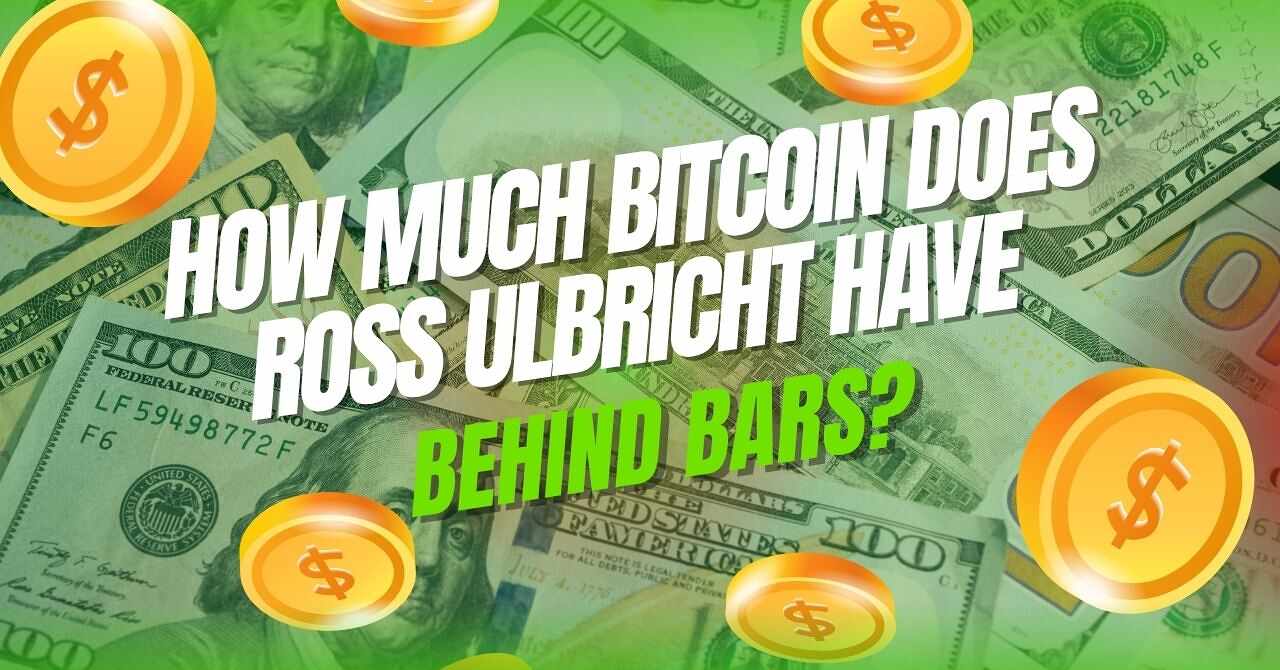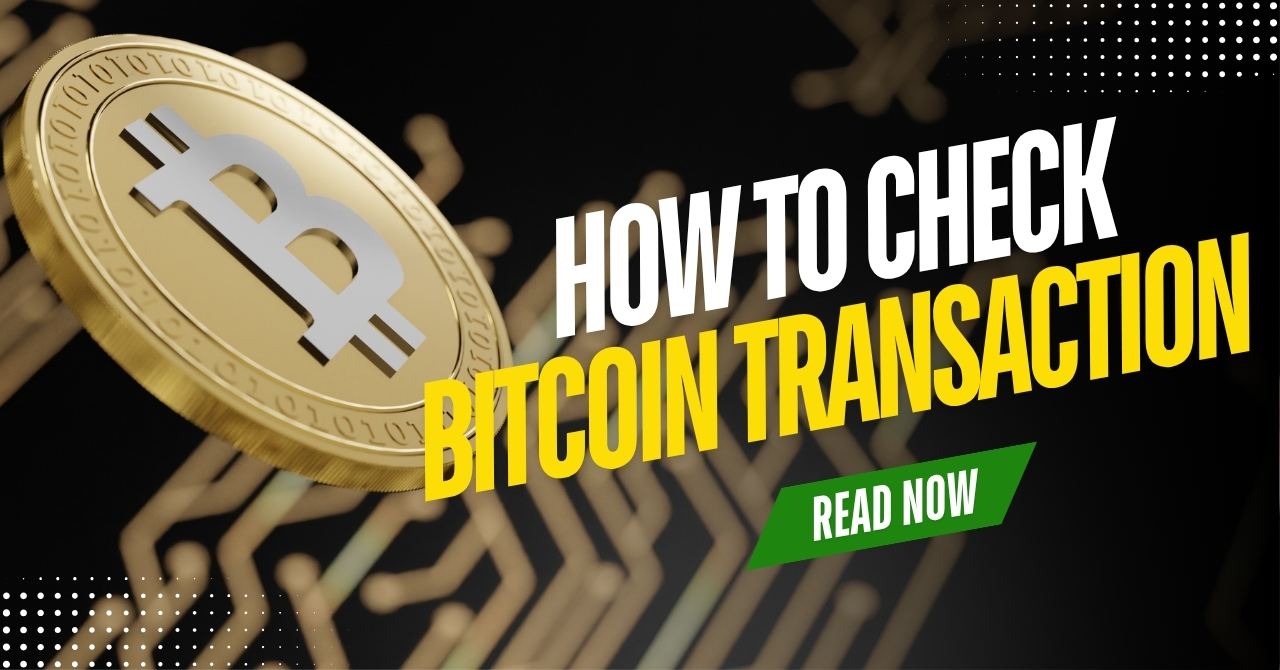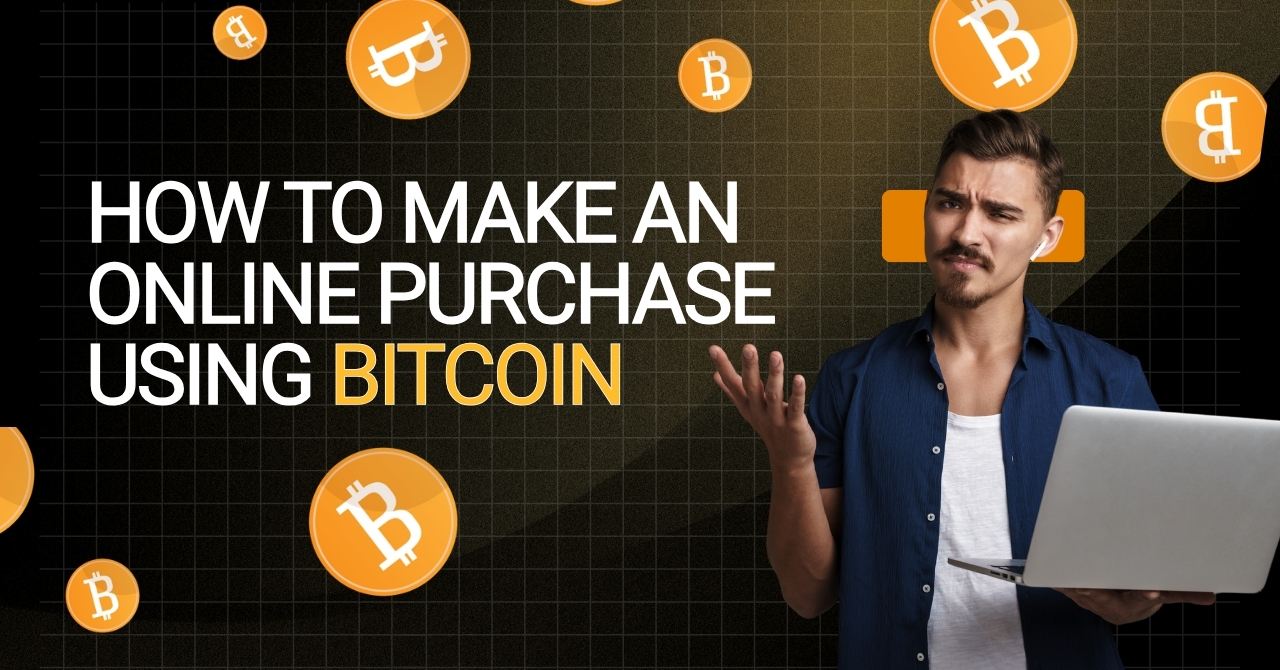Bitcoin, the pioneering cryptocurrency, frequently makes headlines with its fluctuating price. If you’re new to the world of digital assets, one of the first questions you likely have is: What do Bitcoins cost? While this question seems simple, the answer is multifaceted. This guide will not only help you understand the current market price of Bitcoin but also delve into the core factors that determine its cost, associated fees, and how to interpret its value. Our goal at VN-US trade is to provide you with clear, neutral information to navigate the complexities of the Forex and cryptocurrency markets.
1. How much does a Bitcoin cost currently?
Unlike traditional assets with fixed daily prices, Bitcoin’s cost is highly dynamic and constantly changing. So what does a Bitcoin cost?
1.1. Bitcoin’s price is dynamic, not a fixed cost
The price of Bitcoin is not set by any central authority or bank. Instead, it’s determined by the ongoing interplay of supply and demand in the global marketplace. This means the price you see for one Bitcoin (BTC) can fluctuate significantly, even within a single day, or from one minute to the next.
It trades 24/7 across hundreds of cryptocurrency exchanges worldwide. You might also notice slight variations in price between different exchanges due to factors like trading volume, liquidity, and geographical location.

1.2. Where to find reliable real-time Bitcoin prices
To find out what Bitcoins cost at any given moment, you’ll need to consult reliable sources that track real-time market data. These include:
- Cryptocurrency Data Aggregators: Websites like CoinMarketCap, CoinGecko, and TradingView compile price data from numerous exchanges, offering an average market price and detailed charts.
- Major Cryptocurrency Exchanges: Reputable exchanges display their current trading prices for Bitcoin against various fiat currencies (like USD, EUR) and other cryptocurrencies.
- Financial News Platforms: Many established financial news outlets (e.g., Bloomberg, Reuters, Forbes) now include sections dedicated to cryptocurrency prices, often sourcing data from the aggregators mentioned above.
When checking the price, always ensure you are on a reputable and secure website.

1.3. Understanding Bitcoin units: You don’t need to buy a whole bitcoin
When you see Bitcoin priced at, for example, $40,000, it might seem prohibitively expensive. However, it’s crucial to understand that you don’t need to buy an entire Bitcoin. Bitcoin is divisible into much smaller units called a Satoshi (SATs). This is the smallest unit of Bitcoin and is named after its pseudonymous creator, Satoshi Nakamoto.
- 1 BTC = 100,000,000 SATs
This divisibility means you can acquire a fraction of a Bitcoin. For instance, you could buy $100 worth of Bitcoin, $50 worth, or even less, depending on the minimum transaction limits of the platform you might use. So, when asking what Bitcoins cost, remember that the cost for you can be tailored to your budget.
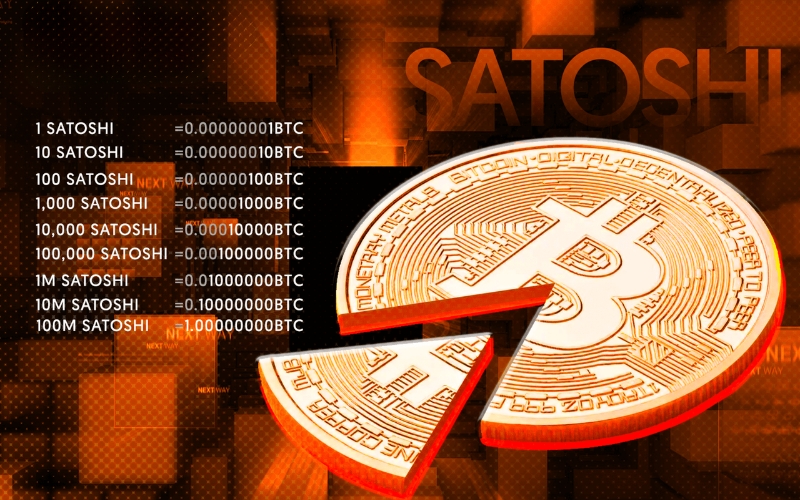
2. Key Factors Influencing What Bitcoins Cost
The price of Bitcoin isn’t arbitrary. Several interconnected factors contribute to its valuation:
2.1. Supply and Demand
These are the most significant factors and also the fundamental drivers that influence Bitcoin’s cost:
- Limited Supply: Bitcoin has a capped supply of 21 million coins that will ever be created. This scarcity is a core feature of its design. Furthermore, the rate at which new Bitcoins are created is halved approximately every four years in an event known as the “Bitcoin Halving.” This decreasing supply inflation can put upward pressure on the price if demand remains constant or increases.
- Demand Dynamics: Demand for Bitcoin comes from various sources:
- Retail Investors: Individuals buying Bitcoin as an investment or for speculation.
- Institutional Investors: Hedge funds, asset managers, and corporations are adding Bitcoin to their portfolios.
- Adoption as Payment: Businesses and individuals using Bitcoin for transactions.
- Store of Value: People seeking an alternative to traditional currencies, especially in times of economic uncertainty or high inflation.

2.2. Market Sentiment and News
The cryptocurrency market is heavily influenced by news and overall market sentiment.
- Positive News: Announcements of significant institutional adoption, favorable regulations, or technological breakthroughs can drive prices up.
- Negative News: Security breaches, unfavorable government actions, or influential figures expressing negative opinions can lead to price drops.
- FOMO (Fear Of Missing Out) & FUD (Fear, Uncertainty, and Doubt): These psychological factors can cause rapid price swings as traders react emotionally to market trends.
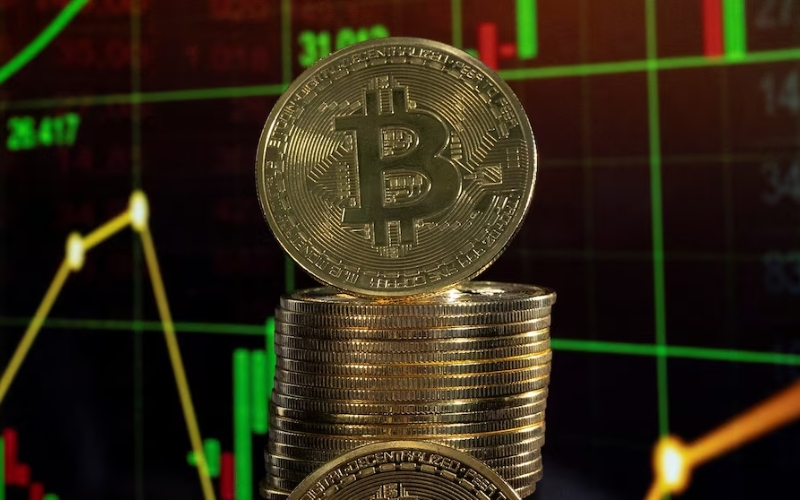
2.3. Adoption and Utility
The more Bitcoin is adopted and used, the greater its perceived value.
- Merchant Adoption: An increasing number of businesses accepting Bitcoin as a payment method enhances its utility.
- Technological Integration: The development of applications and services built on or around the Bitcoin network (like the Lightning Network for faster payments) can also boost its value.
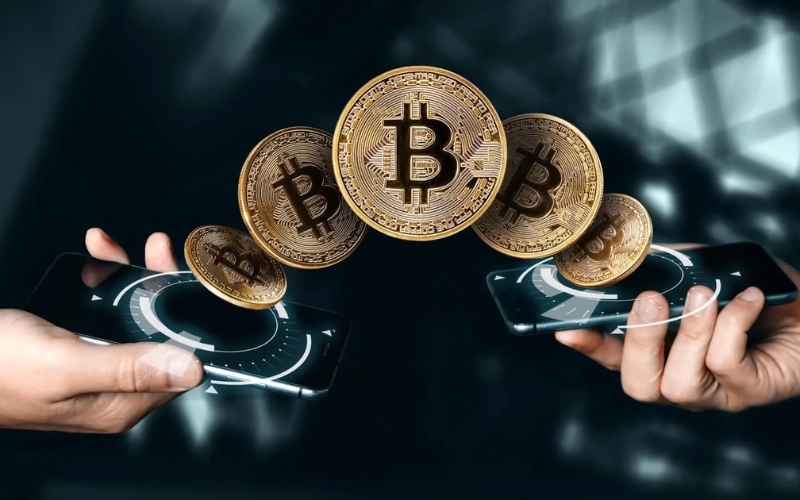
2.4. Regulatory Landscape
Government regulations around the world play a major role in influencing the valuation of Bitcoins.
- Favorable Regulations: Clear and supportive regulatory frameworks can encourage investment and adoption.
- Restrictive Regulations or Bans: Bans or overly strict regulations in major economies can negatively impact the price. Uncertainty about future regulations can also create volatility.
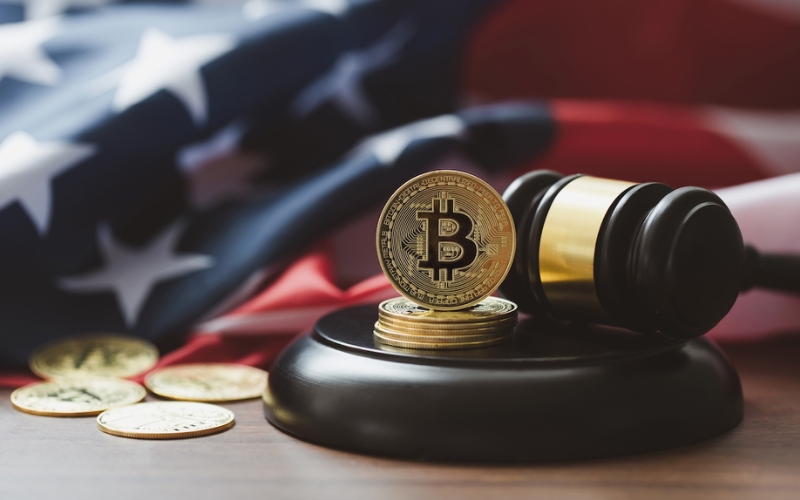
2.5. Macroeconomic Factors
Broader economic trends can influence Bitcoin’s price.
- Inflation: During periods of high inflation, some investors turn to Bitcoin as a potential hedge, similar to gold, due to its limited supply.
- Interest Rates: Changes in interest rates by central banks can affect investor appetite for riskier assets like Bitcoin.
- Economic Stability: Geopolitical instability or economic crises can sometimes lead to increased interest in decentralized assets like Bitcoin.
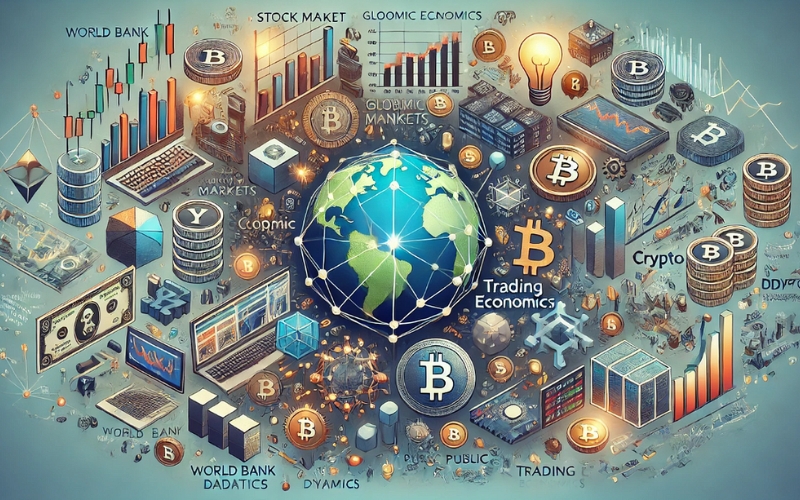
See more related articles:
3. Beyond the Market Price: Other Costs Associated with Bitcoin
When considering “what do Bitcoins cost,” it’s important to look beyond just the ticker price. Acquiring and transacting with Bitcoin involves other potential costs:
3.1. Exchange Fees: The Cost of Buying and Selling
If you decide to acquire Bitcoin through an exchange, there will likely be fees:
- Trading Fees: A percentage of your transaction amount is charged for buying or selling. These vary widely between platforms.
- Deposit/Withdrawal Fees: Some exchanges charge fees for depositing fiat currency or withdrawing Bitcoin to an external wallet.

3.2. Network Fees (Miner Fees): The Cost of Transacting
When you send Bitcoin from one wallet to another, you’ll incur a network fee, also known as a miner’s fee.
- Purpose: This fee compensates the “miners” who validate transactions and secure the Bitcoin network.
- Variability: Network fees are not fixed. They fluctuate based on network congestion – the more people trying to make transactions, the higher the fees can become if you want your transaction processed quickly.
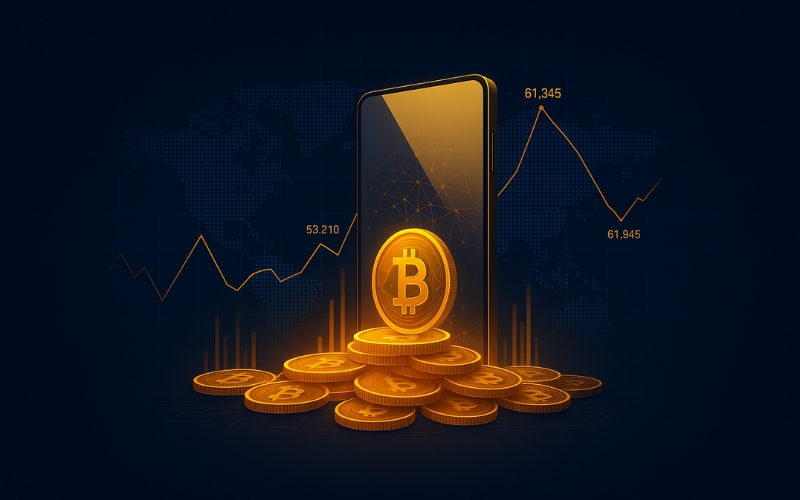
3.3. The Spread: The Hidden Cost
The spread is the difference between the highest price a buyer is willing to pay (bid) and the lowest price a seller is willing to accept (ask). This difference is a subtle cost that can impact the effective price you pay or receive.
3.4. Wallet and Custody Costs
Wallet and Custody Costs are also Other Costs Associated with Bitcoin that investors need to consider before making a decision:
- Hardware Wallets: For enhanced security, some users opt for hardware wallets (physical devices to store Bitcoin offline). These involve an upfront purchase cost.
- Custody Services: For large investors or institutions, professional custody services offer secure storage but come with their own fee structures.
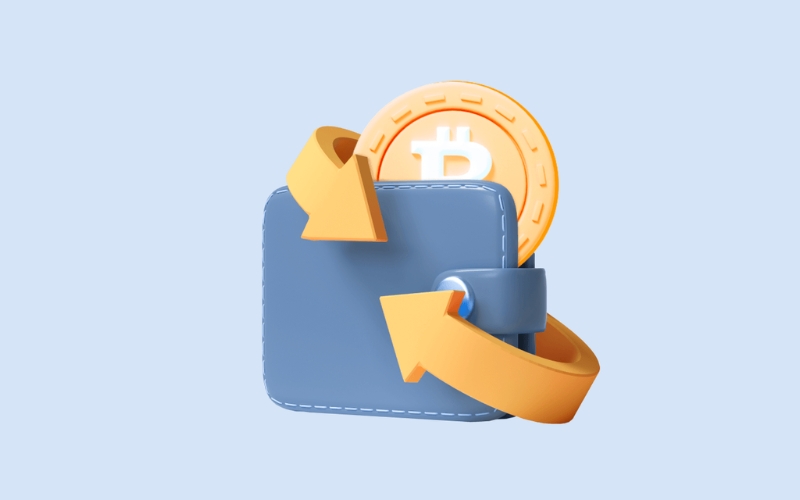
4. FAQ About Bitcoin’s Cost
4.1. How much does it cost to buy $X of Bitcoin?
As mentioned earlier, you don’t need to buy a whole Bitcoin. If Bitcoin’s price is $40,000, you can buy $100 worth, which would give you 0.0025 BTC (excluding fees). You can purchase Bitcoin based on the amount of fiat currency you wish to spend.
4.2. Why is Bitcoin sometimes referred to as “expensive”?
This usually refers to the high price of one full Bitcoin. However, given its divisibility into Satoshis, it’s accessible to individuals with varying budgets. The “expensive” label often overlooks the ability to buy fractional amounts.
4.3. Is there a “cheapest” time or way to get Bitcoin?
Due to its volatility, predicting the “cheapest” time to buy Bitcoin is nearly impossible. Market timing is notoriously difficult. Regarding the “cheapest way,” this often relates to finding platforms with lower transaction fees. However, VN-US trade advises thorough research into any platform’s security and reputation, not just its fee structure.
5. Conclusion
So now you know what is bitcoin how much do they cost? There is no specific cost of Bitcoins! What do Bitcoins cost and the market price of Bitcoin is a constantly changing variable influenced by a complex interplay of supply, demand, market sentiment, regulatory developments, and macroeconomic factors.
Beyond the spot price, acquiring and using Bitcoin can involve additional costs like exchange and network fees. Understanding these elements is crucial for anyone looking to learn about Bitcoin. Rather than focusing solely on the immediate price, a comprehensive understanding of what drives its value and the associated costs will empower you to make more informed decisions.
At Viet Nam – US trade, we encourage continuous learning and thorough research (DYOR – Do Your Own Research) as you explore the world of digital assets. Interested in learning more about the basics of cryptocurrency? Explore our guide to Essential Crypto Terms for Beginners in the Bitcoin category.


